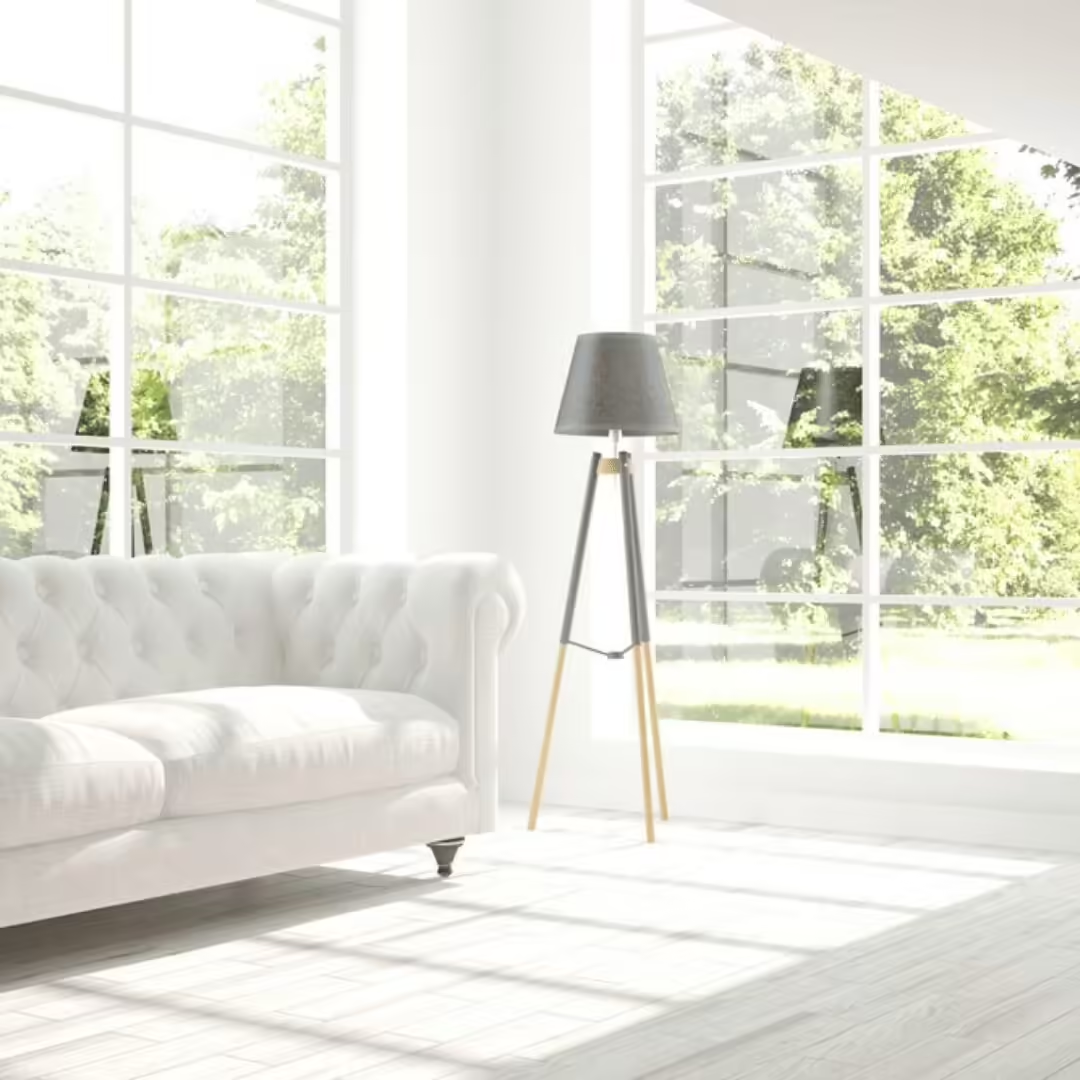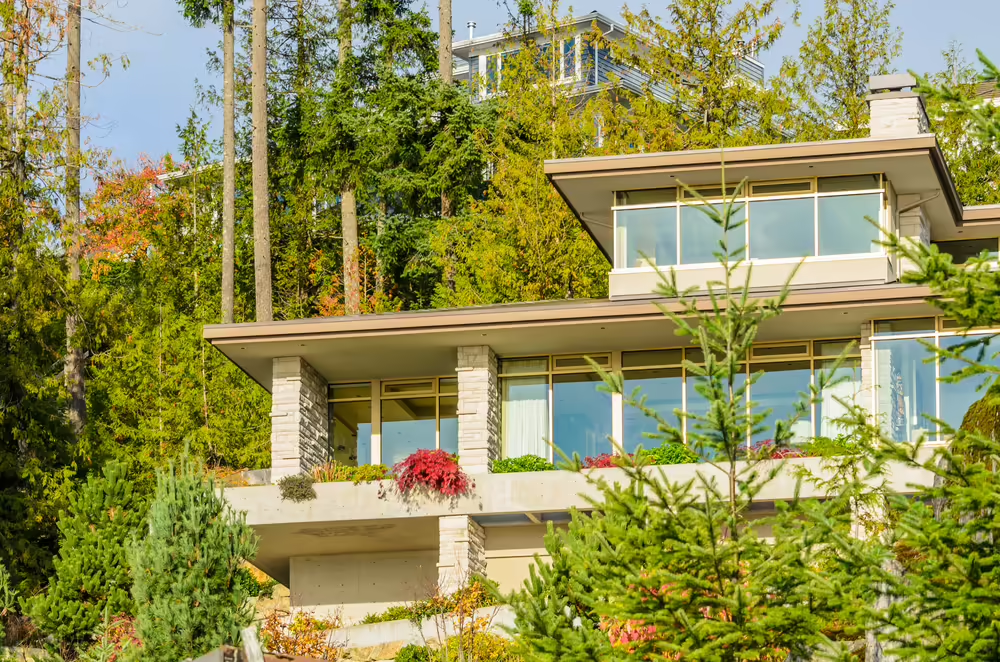Beyond how many bedrooms and bathrooms you need, or perhaps schooling, do you know what to look for when buying a house? When it comes to buying a home, it’s easy to focus on the obvious.
But choosing a house goes far beyond ticking off these basics. Suppose you’re buying a home in Sydney. In that case, there are other factors you need to consider to ensure you’re making a wise long-term decision.
In this blog, we’ll explore what to look for when buying a house, focusing on the nuanced aspects that can greatly impact your enjoyment and investment in the future.
Key Takeaways
- Look beyond the basics – consider layout, future growth potential, and lifestyle needs.
- Natural light and energy efficiency can significantly impact your comfort and costs.
- Storage, structural integrity, and privacy are key factors that affect long-term satisfaction.
- Don’t overlook noise levels and potential issues with future neighbourhood growth.
The Importance of Layout and Flow
When walking through a potential house, focusing on room count or square metrage is tempting. However, the layout (how the rooms are arranged) can make all the difference in daily living. A good layout supports your lifestyle, creating harmony between how you use the space and how the space flows.
Why the Layout Matters:
- Daily Functionality: A well-designed layout enhances your daily routine. A poor one can make even a spacious house feel cramped.
- Entertaining Spaces: If you plan to host guests, consider how people will move through the house. Is there a natural flow from the kitchen to the living areas?
- Future Flexibility: Think about how the house will grow with your family. Does the layout allow for changes as your needs evolve, or will you outgrow it too quickly?
A well-thought-out layout makes living easier and more enjoyable, ensuring your home fits your lifestyle over the long term.
Future Growth Potential and Resale Value
Even if you plan to stay in your house for the foreseeable future, it’s wise to consider the property’s future growth potential. Part of what to look for when buying a house means thinking about upcoming infrastructure projects, or developments nearby that could affect the value of your investment?
Things to Consider:
- Neighbourhood Development: Are new parks, schools, or public transport hubs planned for the area? These can boost the value of your home.
- Space for Extensions: Will you have room to extend or renovate as your needs change?
- Market Trends: Although it’s impossible to predict the future, it’s essential to understand current market trends to gauge the potential for appreciation.
Overlooking these factors can result in unexpected challenges down the line, making your home more of a burden than a benefit.
Proximity to Lifestyle Needs
While many people check a home’s proximity to work or school, lifestyle needs often go under the radar. A home is more than just a place to sleep – it’s where you live your daily life. It’s essential to consider how well the house will fit into your family’s routine.
Lifestyle Factors to Consider:
- Recreational Spaces: Is the house near parks, beaches, or walking trails that suit your family’s lifestyle?
- Shopping and Dining: Will the nearest shopping centres, cafes, and restaurants suit your lifestyle.
- Public Transport: Easy access to public transport might seem optional now, but as you and your family gets older, it could make your daily lives more efficient and also add value to your home in the future.
- Healthcare and Emergency Services: Consider how close you are to hospitals and medical services.
While these factors might seem minor during a property inspection, they can significantly affect your quality of life in the long run.
Orientation and Natural Light
Many buyers overlook a house’s orientation, yet it can impact your living experience. A home that gets plenty of natural light can save you on energy costs and make the space feel more welcoming and comfortable.
Key Considerations for Natural Light:
- North-Facing Windows: Homes with north-facing windows get the most sunlight, especially in winter.
- Window Placement: Large windows and doors in living areas can make a house feel more open and inviting.
- Energy Efficiency: A well-lit home often requires less artificial light, reducing energy costs.

Natural light can change the feel of a home. Homes with good light are often more energy-efficient and comfortable to live in.
Storage and Practicality
Getting caught up in aesthetics is easy, but practical elements of what to look for when buying a house like storage are essential to your daily life. Having enough space for all your belongings can make a huge difference in how well a house functions for your family.
Storage Checklist
- Cupboard Space: Does the house have enough built-in storage, or will you need to invest in a cabinet maker or additional furniture?
- Garage Space: If you own cars, bikes, or outdoor equipment, a spacious garage or garden shed can make life easier.
- Outdoor Storage: If you enjoy gardening or outdoor activities, check if the house has a shed or outdoor storage area.
Without enough storage, even a large home can feel cluttered and disorganised, detracting from your overall comfort.
Structural Integrity and Maintenance Costs
The excitement of finding your potential home can make it easy to overlook the condition of the building. However, structural integrity is one of the most critical factors to consider when buying a house. Issues like a rising damp, a leaking roof, or outdated plumbing and electricals can lead to expensive repairs down the line.
What to Watch For
- Cracks in Walls: These could indicate foundation issues or structural problems.
- Roof Condition: A leaking or old roof may need immediate attention, which can be costly.
- Outdated Electrical Systems: Old wiring may not be able to handle modern appliances and could be a fire risk.
Ensuring the house is structurally sound can save you from financial stress later, and having a professional inspection can help uncover hidden issues.
Noise Levels and Privacy
The excitement of house-hunting often overshadows the need to consider noise levels and privacy. A home that seems peaceful during an open home could have noise issues at different times of the day and week.
Things to Consider
- Proximity to Busy Roads: Traffic noise can be a persistent issue, especially during rush hours.
- Neighbours: Are the homes next door too close for comfort, or will you have the privacy you need?
- External Noise: Nearby schools, airports, or train stations can create more noise than you initially realise.
A peaceful home environment is crucial for long-term satisfaction, so evaluate the noise levels carefully.
How Future Habitat Buyers Agency Can Help
At Future Habitat Buyers Agency, we understand that buying a home is about so much more than finding the right number of bedrooms and bathrooms. It’s about choosing a house that fits your family’s lifestyle, has room for future growth, and ticks all the boxes in terms of layout, orientation, and practicality. Our experienced buyers agents will guide you through the process, helping you with what to look for when buying a house. Navigate the complexities of buying a home with our buyers agents working for you and avoid costly mistakes.
On your home buying journey with Future Habitat, you’ll have access to expert market knowledge and unbiased advice, making it easier to find a home that truly suits your needs. Let us handle the complexities so you can focus on what really matters – finding a home you’ll love and one that is also a good investment.
Would you like to learn more about home buying?
Disclaimer: The content of this article is intended for informational purposes only and should not be considered financial or real estate advice. Readers are encouraged to consult with professionals for specific guidance tailored to their personal circumstances before making any property purchase decisions.

